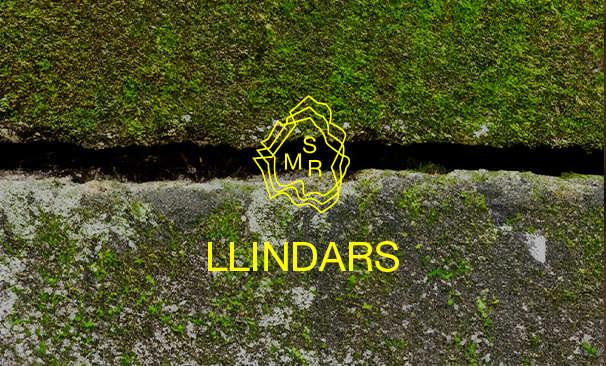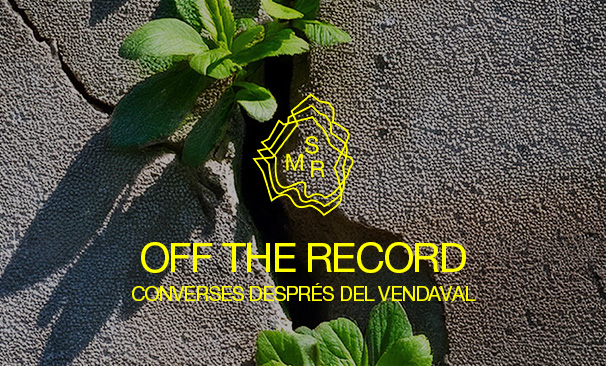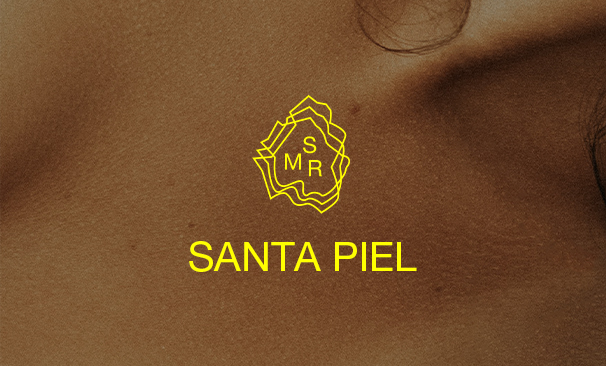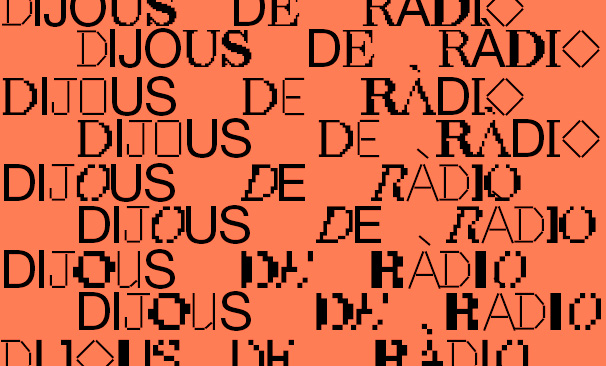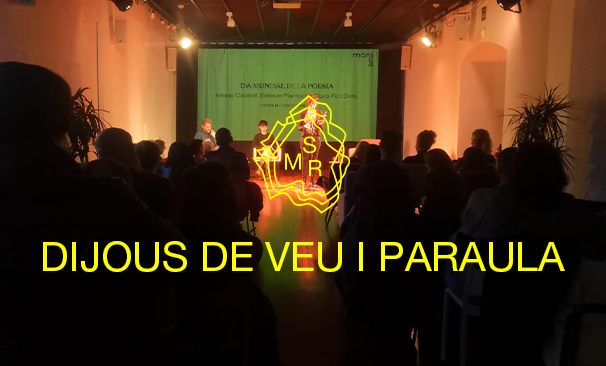What are you looking for?
You might be looking for...
A threshold (llindar) is an experience of passage between one space and another, between a "here" and a "there", between this side and the other side. LLINDARS is a series of six podcasts written and produced by the critic and cultural disseminator Oriol Rosell for Santa Mònica Ràdio, which unfold a range of proposals to build possible accesses to another reality. An invitation to enjoy the vertigo before the abyss of the unknown.
Six episodes available online through XRCB, IVOOX and Spotify.
Llindar #1 - Future(s): amendment to the whole
The desire for the future, understood as the yearning for a project of improved (re)organisation of reality, is the fruit of modernity. Based on the idea of infinite progress, of perpetually moving towards an "after now and this", it responds to the logic of the chronological and linear displacement of what is already known; a movement articulated by speed and the desire to develop new cosmological systems. These concepts of progress and totality stubbornly resist the possibility of chance and entropy, the non-action of man. They prevent a glimpse of another side. Their teleological links with this side make them incompatible with profound change. If we intend to think of something radically "other", so "other" that it even escapes the human category of "order", perhaps the first step to take is to abandon the future as we have conceived it so far and replace the desire for the future with a desire constituted outside the logic of the now and the this. In this episode we will discuss posthumanist desire as an alternative to the desire of modernity.
Llindar #2 – Acidic realities
In "How to Change Your Mind", Michael Pollan argues that "the normal state of consciousness seems perfectly transparent, but in reality it is not so much a window into reality as the product of our imagination, a kind of controlled hallucination. This begs the question of how the normal state of consciousness differs from other (apparently less reliable) products of our imagination, such as dreams, psychotic illusions or psychedelic trips. In fact, all these states of consciousness are imagined, mental constructs that provide us with news about the world in varying degrees of priority". Therefore, the experience of dreaming, delirium and psychedelia must be understood as momentary flashes of a light coming from another reality. We will talk about this in this episode.
Llindar #3 – Gnosis: the esoteric vanguard
In its political reading, art can be understood as a diagnostic device, a reflection or a container of the symptoms of our social illnesses. But it can also become a gnostic device, a vehicle of revelation of a knowledge that escapes our knowledge, of an essence beyond this side, beyond what we understand as real. If there are other sides, magic is a channel of attunement to them. In this episode, we will address the convergences between esotericism and avant-garde artistic practices.
With interventions by Núria Martínez-Vernis, OCCVLTA and Josep Maria Fericgla.
Llindar #4 – The art of the fugue
"The art of the fugue" is an unfinished work by Johan Sebastian Bach published in 1751, after the composer's death. The score was made public without any indication of the instrumentation or order of the fourteen fugues that comprise it, which has given rise to a handful of different versions. In this episode we talk to Madrid's underground culture and leisure dynamo Miguel Agnes about his versions of the fugue, how they rearrange the momentary escape devices provided by institutionalised reality - the night, drugs, magical experiences - to get closer to the other side.
Llindar #5 – Caos Queer
"Queer" is an open, elusive, transversal and chaotic concept. It can best be explained by what it is not and, above all, by what it does not want to be. Queer is an anti-category, which rejects closed and institutionalising classifications. Queer is monstrous, chaos that threatens to unbalance order. It cannot be assimilated, systematised or regulated. It is mutant and fluid. It is weird, strange, eccentric. It is that which is in perpetual transformation: bodies and sexualities are constructed, destroyed and reconstructed in the same subject. That is why in it resides a power to overcome institutionalised reality. In "Queer Chaos" we will talk with Alvie and Marc Luguera from the podcast "Queer Up Your Life" about this capacity of the queer as a threshold towards another possible side.
Llindar #6 – De-institutionalising reality
The world, as we understand it, responds to an institutionalised organisation of reality, a political, ethical and cultural construction that hierarchises the value of things, constructs us as subjects and, in short, delimits what is real and what is not. Access to another reality could therefore involve a deinstitutionalisation of reality, a questioning and continuous dismantling of everything we take for granted. In this episode we will speculate on the implementation of what we could call the ‘epistemology of negation’ as a strategy to reach by default the knowledge of the other side, a xeno-knowledge.
With the intervention of Miquel Missé.

